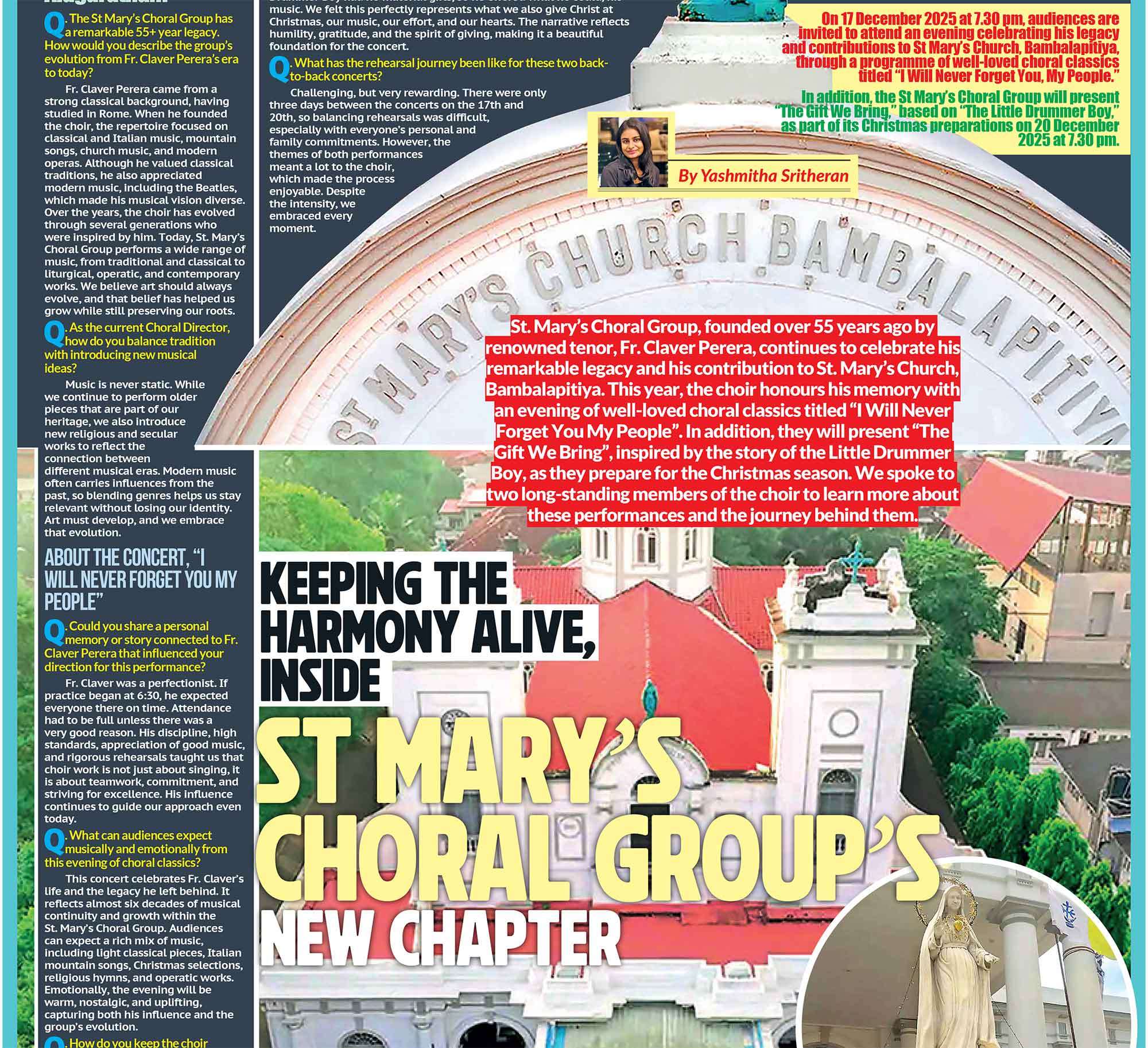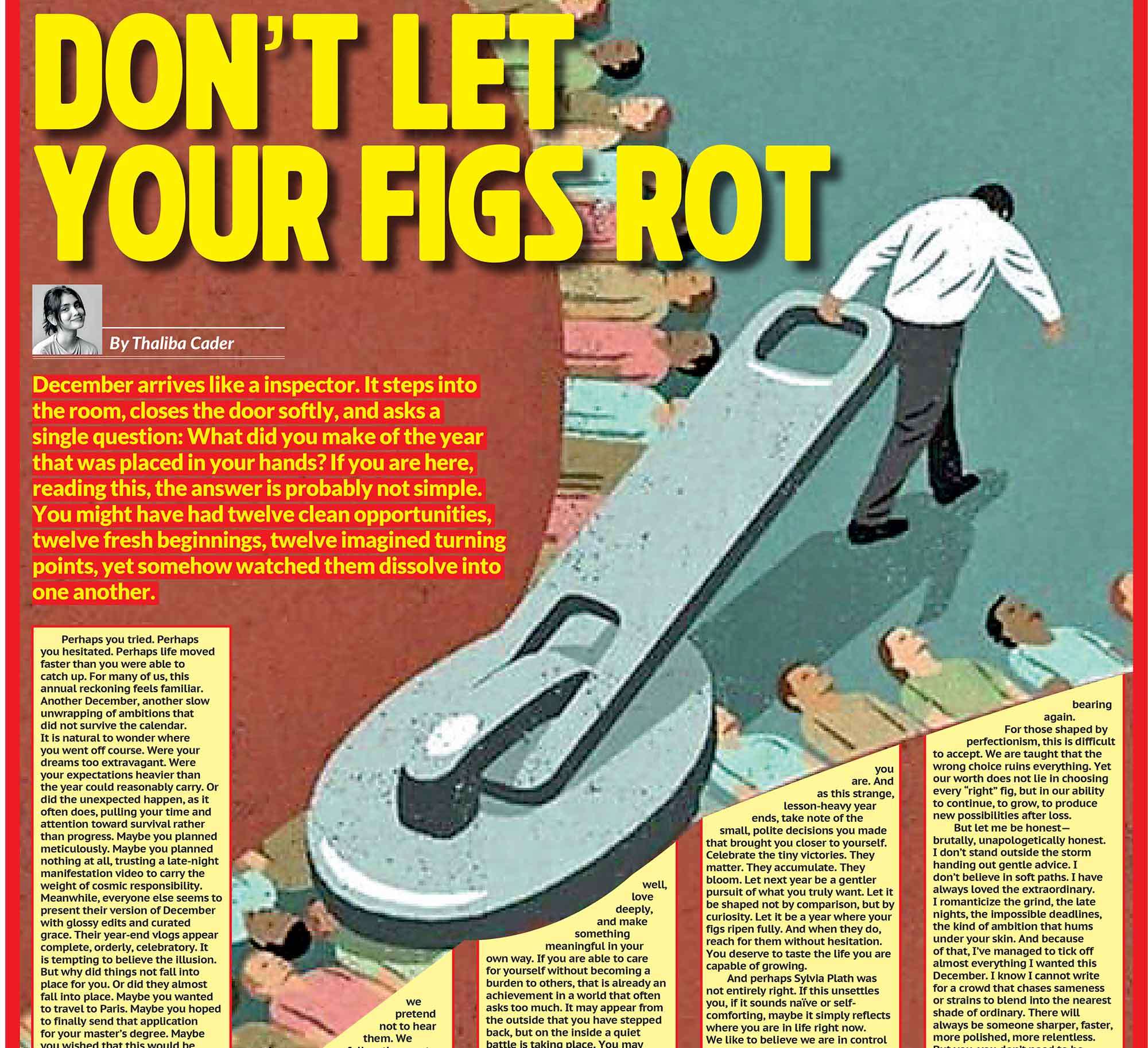




“You think Israel is killing people in Palestine? Well then, they’re doing a pretty bad job at it because the population is only growing.”
 The shot that killed Charlie Kirk at Utah Valley University did more than end a life; it triggered a familiar, suffocating script. The pundits rushed to their cameras; their faces etched with performative gravity. The statements poured in, decrying the “tragic loss of a vibrant voice.” The machinery of collective, uncritical mourning whirred to life, ready to airbrush a controversial figure into a martyred saint. We are expected to play our part. To lower our flags and our voices. To swallow our objections and participate in the lie that death erases a lifetime of harm. I will not.
The shot that killed Charlie Kirk at Utah Valley University did more than end a life; it triggered a familiar, suffocating script. The pundits rushed to their cameras; their faces etched with performative gravity. The statements poured in, decrying the “tragic loss of a vibrant voice.” The machinery of collective, uncritical mourning whirred to life, ready to airbrush a controversial figure into a martyred saint. We are expected to play our part. To lower our flags and our voices. To swallow our objections and participate in the lie that death erases a lifetime of harm. I will not.
Let’s state the facts without the soft-focus lens of tragedy. Charlie Kirk was a powerful political operative who built a career on dehumanizing rhetoric. He was a key architect in building the youth wing of a movement that thrives on grievance, denies objective reality, and consistently dismisses the suffering of the vulnerable. His assassination is an abomination, a criminal act that wounds our democracy. But his legacy is also an abomination, a testament to how cynicism and cruelty can be packaged and sold as patriotism. We must, as a society capable of critical thought, learn to hold these two wretched truths at once. To condemn the murder without canonizing the man. To do otherwise is a profound act of intellectual and moral cowardice.
The Unforgivable Crime and The Unforgivable Rhetoric
The assassination of a political figure is an attack on the very idea of civil society. It is the ultimate failure of politics, the moment when dialogue is replaced by the bullet. It will, predictably and understandably, transform Kirk into a martyr for his cause. His followers will wield his death as the ultimate proof of their persecution, insulating his ideology from any future critique. The violence of one individual will now be used to justify the systemic violence of his political project. This is the twisted irony of political murder: it empowers the very poison it seeks to destroy. But let us not allow the undeniable wrong of his killing to whitewash the undeniable harm of his life. While the commentariat tiptoes around his record, we must stare directly at it. This was not a man who simply held “conservative views.” This was a man who, when confronted with the horrific reality of Israel’s bombardment of Gaza, with thousands of children dead, buried under rubble, with families starving, responded not with humanity, but with a smug, arithmetic sneer: “You think Israel is killing people in Palestine? Well then, they’re doing a pretty bad job at it because the population is only growing.” Let that hang in the air. This was not a policy disagreement. This was a moral vacancy. He looked directly into the abyss of human suffering and laughed. He took the most visceral, devastating human tragedy and turned it into a talking point for a podcast segment. He didn’t just defend the actions of a foreign government; he mocked the victims of its violence. That single statement is not an outlier. It is the thesis of his career. It was his brand to reduce human beings to abstractions, to turn pain into punchlines, and to treat empathy as a weakness.
The Architect of Poison
Through Turning Point USA, Kirk was not merely a commentator; he was an evangelist. His mission was to institutionalize a particularly virulent strain of Trumpism among young people. He didn’t just argue against policies; he weaponized language to dismantle the very idea of a common good.
* He framed efforts to address centuries of racial injustice as “anti-white racism.”
* He dismissed the existential threat of climate change as a “hoax.”
* He relentlessly attacked higher education, not to improve it, but to undermine the very concept of expertise and critical inquiry.
His role in the ecosystem of the modern right was indispensable. He was the slick, young translator who took the raw, often incoherent rage of Trumpism and codified it into a campus-friendly curriculum of resentment. He provided the pseudo-intellectual sheen for policies built on cruelty. And on the world stage, his voice mattered. His unwavering, uncritical support for the most aggressive Israeli policies helped normalize the grotesque in the minds of his millions of followers. By dismissing Palestinian death tolls as propaganda and war crimes as “bad PR,” he didn’t just offer political support, he offered moral absolution. He gave a generation of young conservatives’ permission to stop caring, to look away, to see certain lives as less grievable than others. This is not a minor footnote. This is the core of his legacy. He was a force for dehumanization.
The Cowardice of False Equivalence
In the wake of such a death, we are often pressured into a false equivalence. We are told that “now is not the time” for criticism. That to speak honestly about the harm he caused is to disrespect the dead. This is a trap. It is a demand for silence dressed up as decorum. There is no respectful way to mourn a man who showed so little respect for the mourning of others. To whitewash his record now is to become complicit in the very erasure he championed. The Palestinians who heard him mock their dead children will not be participating in this national moment of sanitized grief. Why should we? We can, we must condemn the method of his death without celebrating the man he was. We can declare that assassination is always, unequivocally evil, while also declaring that the ideas he propagated were evil. To refuse this nuanced truth is to engage in a form of intellectual barbarism where death confers sainthood.
An Unflinching Eulogy
So, what is the honest eulogy for Charlie Kirk? He was a man of immense influence who used his platform to make the world a crueler, more cynical, and more divided place. He amplified lies, defended violence, and mocked the oppressed. His assassination is a terrible crime that will likely inflame the very hatreds he cultivated. His death is a tragedy for the stability of American democracy. His life was a tragedy for anyone who believes in a politics of compassion and truth. We do not have to choose which tragedy to acknowledge. We must acknowledge both. We must condemn the violence that took him while refusing to sanctify the violence of his words.
Behind closed doors, away from the public performance of mourning, we owe the world this honesty. To do anything less is to dishonor the countless unnamed victims of the rhetoric he so proudly preached. The greatest disrespect to the dead would be to lie about them. Charlie Kirk’s legacy is one of harm. No bullet, however tragic, can change that.











